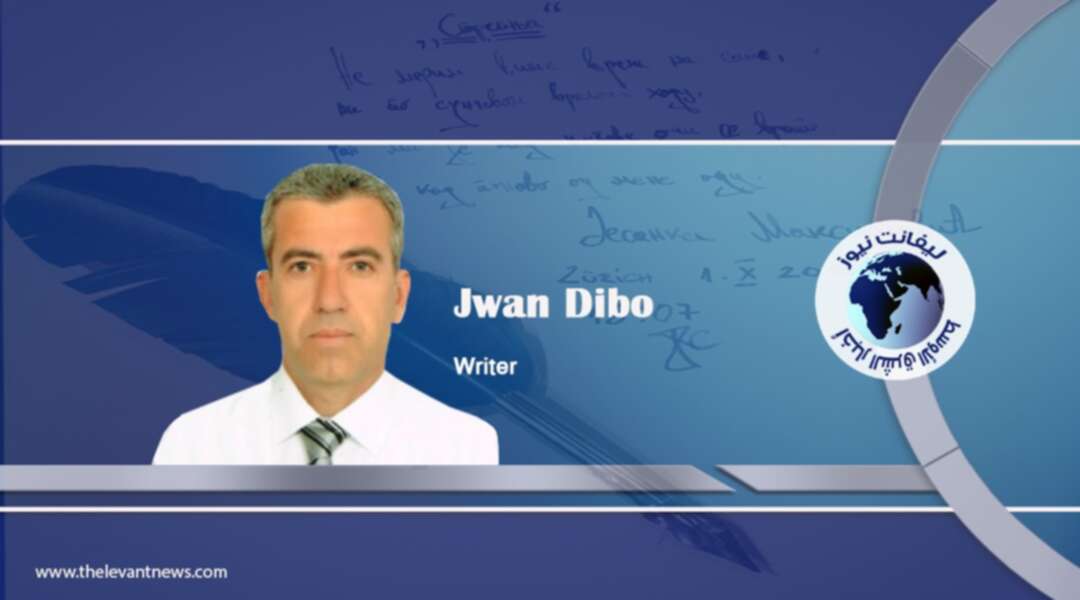-
The Suspicious Qatari Role in Post-US Afghanistan

However, the project of reviving and strengthening political Islam in the Middle East and the entire Islamic world is not the task of Qatar alone, but Turkey and Iran are also involved in this very detrimental cancerous scheme. Therefore, every defeat inflicted on the groups of political Islam in the region is considered a loss for Qatar, Turkey, and Iran, and vice versa.
On this basis, when the Muslim Brotherhood lost in Egypt in 2013, Qatar doubled its efforts to support other Muslim Brotherhood groups in Tunisia and Libya. In addition, Qatar has become a hotbed for the Muslim Brotherhood involved in terrorism cases and fugitives from judicial decisions, especially from Egypt.
The Qatari Al-Jazeera channel has also become a fierce defender of the Muslim Brotherhood and its official spokesperson. Qatar has also financed extremist Islamist groups in Syria, such as ISIS and Jabhat al-Nusra, as indicated by dozens of local and international reports. In recent years, it has also begun to support and finance extremists in EU countries, in cooperation with Erdogan's Turkey.
It is not coincidence that Qatar hosted the negotiations that lasted for years between America and the Afghan Taliban movement, which led to the disgraceful American withdrawal from Afghanistan. Qatar's goal behind those negotiations was to compensate different political Islam groups for part of the losses they incurred in Egypt, Syria, Iraq, and Tunisia. The very small emirate and very rich in gas hosts the largest US base in the Middle East and is also considered a friend of the Taliban movement, as it hosted the movement's leaders as refugees for years.
What Qatar has done as a broker between US and Taliban goes beyond the limits and dimensions of mediation to reach malicious political agendas. The primary goal is to achieve a ground and moral victory for political Islam in Afghanistan in particular, and the Arab and Islamic world in general. Especially, after the political Islam groups supported by Qatar and Turkey received painful blows and heavy losses in more than one country.
Secondly, transforming Afghanistan into a base that attracts all movements and activists of political Islam in the Islamic world with false identities and under flimsy pretexts, as Afghanistan is deemed a fertile ground for such polarisation. Thus, an additional dose of revitalisation has been given to the political Islam movements in the region and the world, which were living in ruins before the Taliban took power in Kabul. In this context, many international reports indicate that Al-Qaeda and ISIS will re-emerge in Afghanistan, stronger than before.
Turkey, also, wants to play a military role in post-US Afghanistan through the gateway to operating and guarding Kabul Airport. Knowing that Turkey has been active in this country for years in terms of intelligence, with the efforts of its ally Qatar. Likewise, Iran prefers the neighbouring countries, such as Afghanistan, be without an American military presence. Especially since the Taliban represents Sunni political Islam, which agrees with the Shiite political Islam led by Iran more than it disagrees with it. The common denominator between Qatar, Turkey, and Iran, in this respect, is the hostility to the Arab Trinity represented in Egypt, Saudi Arabia and the Emirates.
However, Qatar cannot do all this in Afghanistan without the knowledge, planning and prior approval of US. Indeed, it can be said that Qatar is implementing the American agendas regarding this issue. Since the first day of the Taliban's defeat in 2001, Washington instructed Qatar to receive and embrace the leadership and activists of the Taliban on its soil with the aim of containment in the future. In 2013, Qatar agreed to give the Taliban an official representative office in Doha, at Washington's request, to begin negotiations that led to the ignominious withdrawal from Afghanistan.
It is not only money that empowers Qatar, a small emirate with a population of only 300,000 and more than two million expatriates, to play this systematic subversive role in the region. But, also, the complex and intertwined US-Turkish-Iranian authorisation, each in a different direction and in a dissimilar context.
by: Jwan Dibo

You May Also Like
Popular Posts
Caricature
BENEFIT Sponsors BuildHer...
- April 23, 2025
BENEFIT, the Kingdom’s innovator and leading company in Fintech and electronic financial transactions service, has sponsored the BuildHer CityHack 2025 Hackathon, a two-day event spearheaded by the College of Engineering and Technology at the Royal University for Women (RUW).
Aimed at secondary school students, the event brought together a distinguished group of academic professionals and technology experts to mentor and inspire young participants.
More than 100 high school students from across the Kingdom of Bahrain took part in the hackathon, which featured an intensive programme of training workshops and hands-on sessions. These activities were tailored to enhance participants’ critical thinking, collaborative problem-solving, and team-building capabilities, while also encouraging the development of practical and sustainable solutions to contemporary challenges using modern technological tools.
BENEFIT’s Chief Executive Mr. Abdulwahed AlJanahi, commented: “Our support for this educational hackathon reflects our long-term strategic vision to nurture the talents of emerging national youth and empower the next generation of accomplished female leaders in technology. By fostering creativity and innovation, we aim to contribute meaningfully to Bahrain’s comprehensive development goals and align with the aspirations outlined in the Kingdom’s Vision 2030—an ambition in which BENEFIT plays a central role.”
Professor Riyadh Yousif Hamzah, President of the Royal University for Women, commented: “This initiative reflects our commitment to advancing women in STEM fields. We're cultivating a generation of creative, solution-driven female leaders who will drive national development. Our partnership with BENEFIT exemplifies the powerful synergy between academia and private sector in supporting educational innovation.”
Hanan Abdulla Hasan, Senior Manager, PR & Communication at BENEFIT, said: “We are honoured to collaborate with RUW in supporting this remarkable technology-focused event. It highlights our commitment to social responsibility, and our ongoing efforts to enhance the digital and innovation capabilities of young Bahraini women and foster their ability to harness technological tools in the service of a smarter, more sustainable future.”
For his part, Dr. Humam ElAgha, Acting Dean of the College of Engineering and Technology at the University, said: “BuildHer CityHack 2025 embodies our hands-on approach to education. By tackling real-world problems through creative thinking and sustainable solutions, we're preparing women to thrive in the knowledge economy – a cornerstone of the University's vision.”
opinion
Report
ads
Newsletter
Subscribe to our mailing list to get the new updates!






















